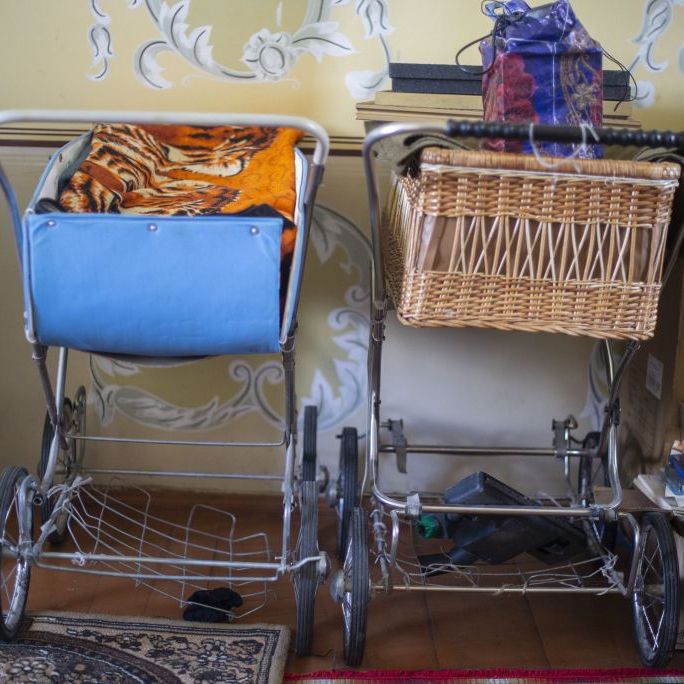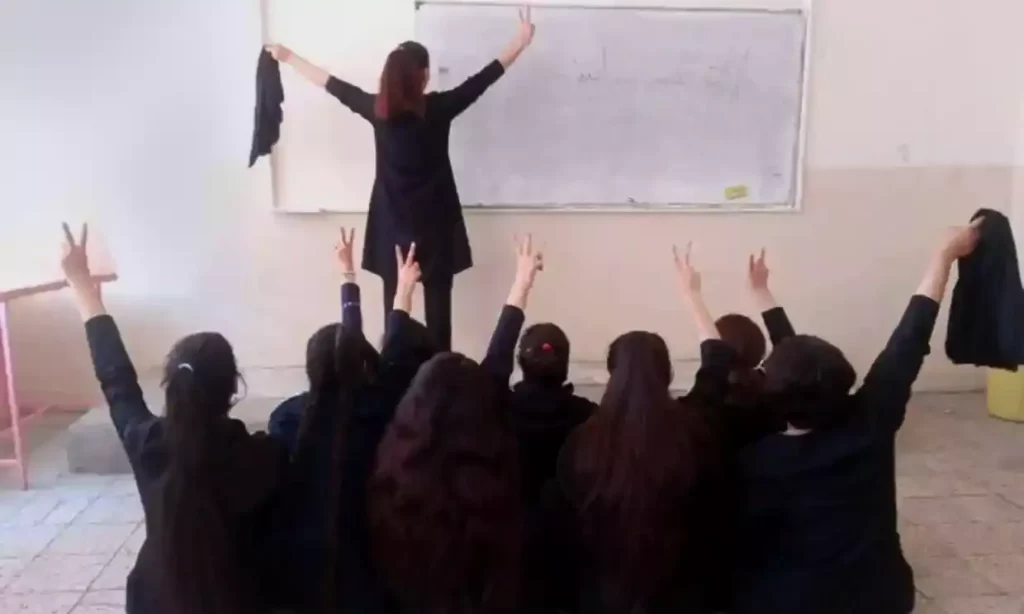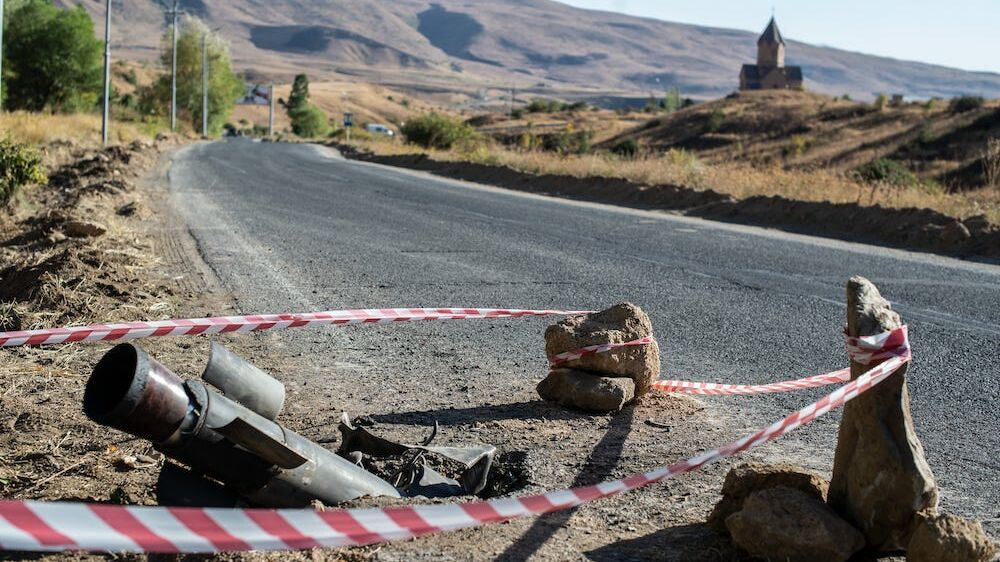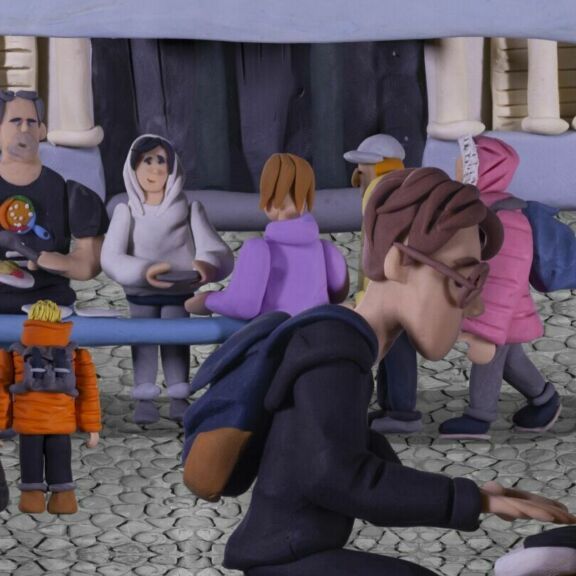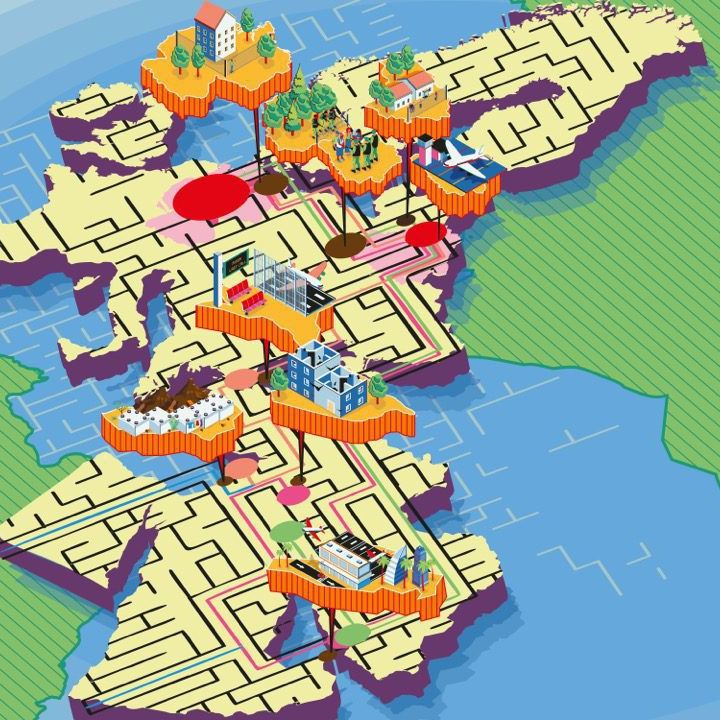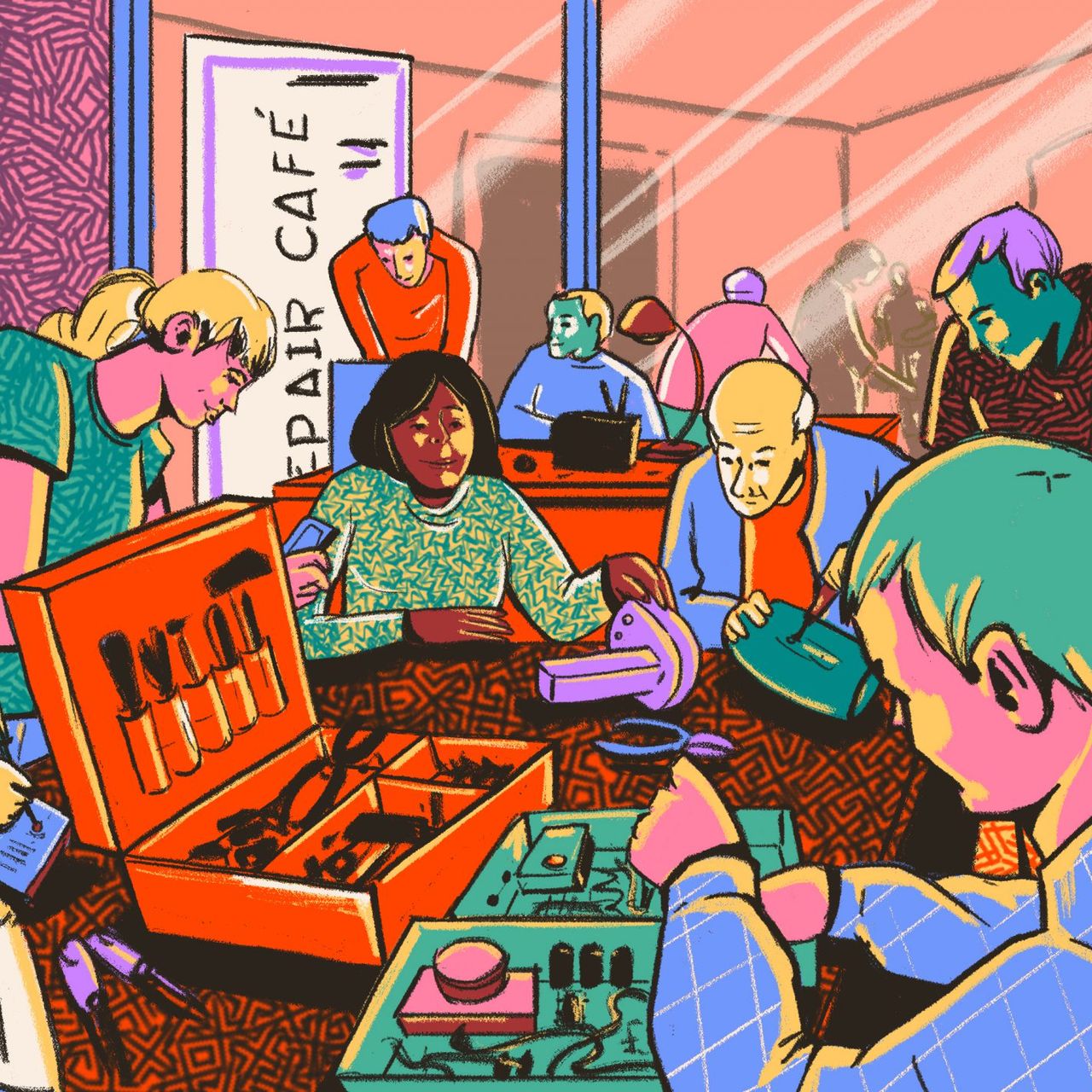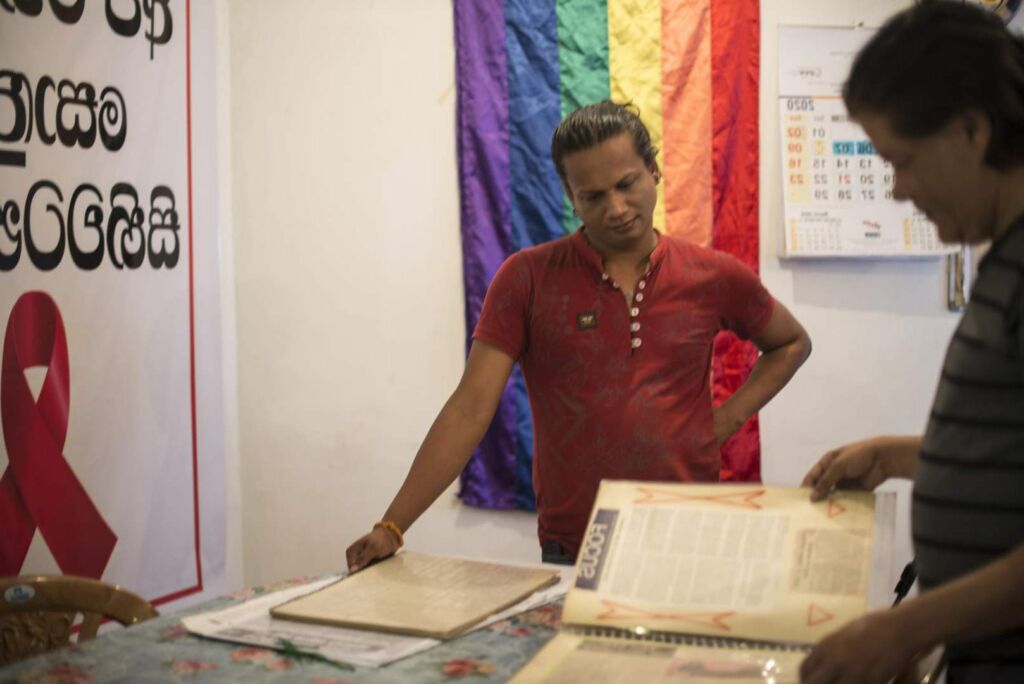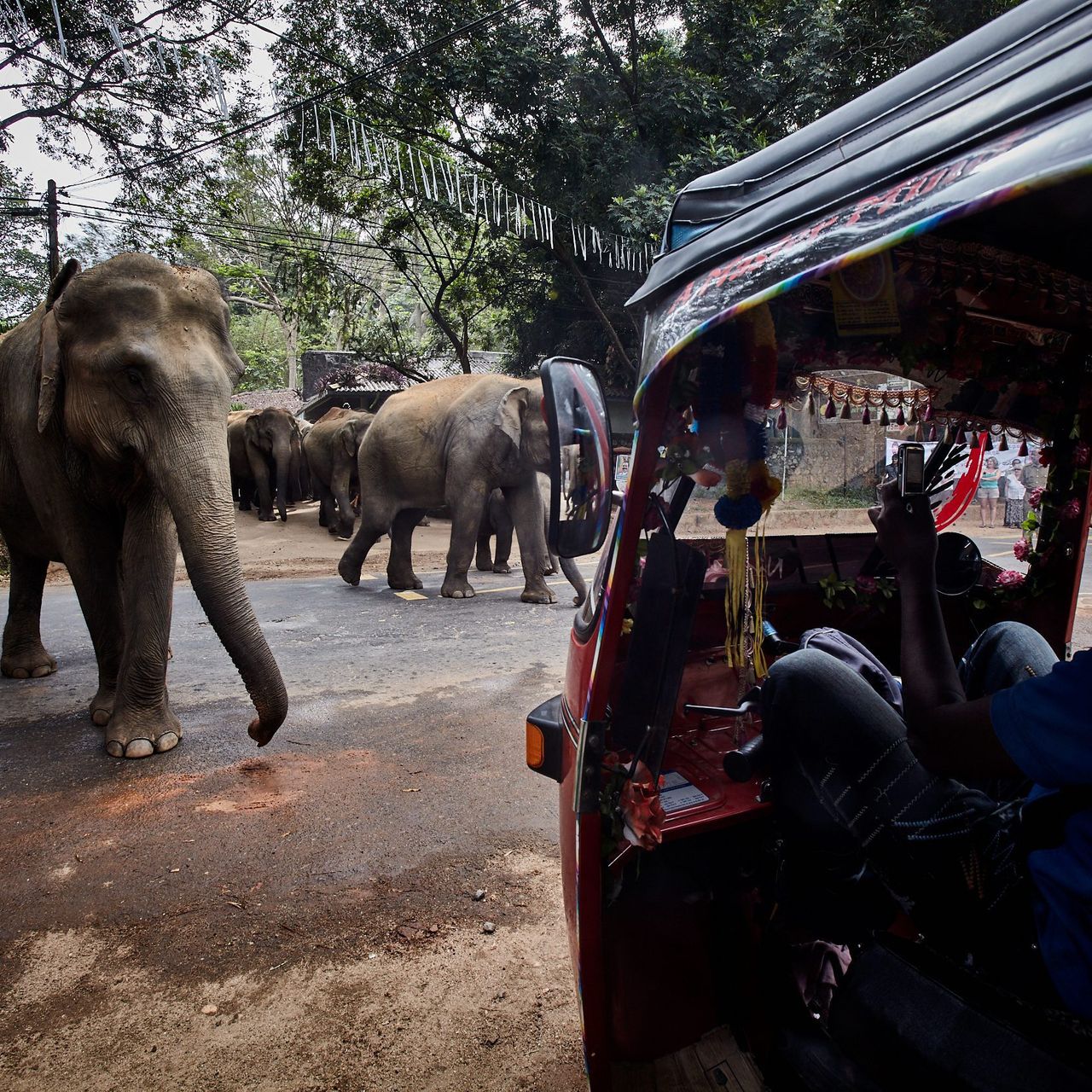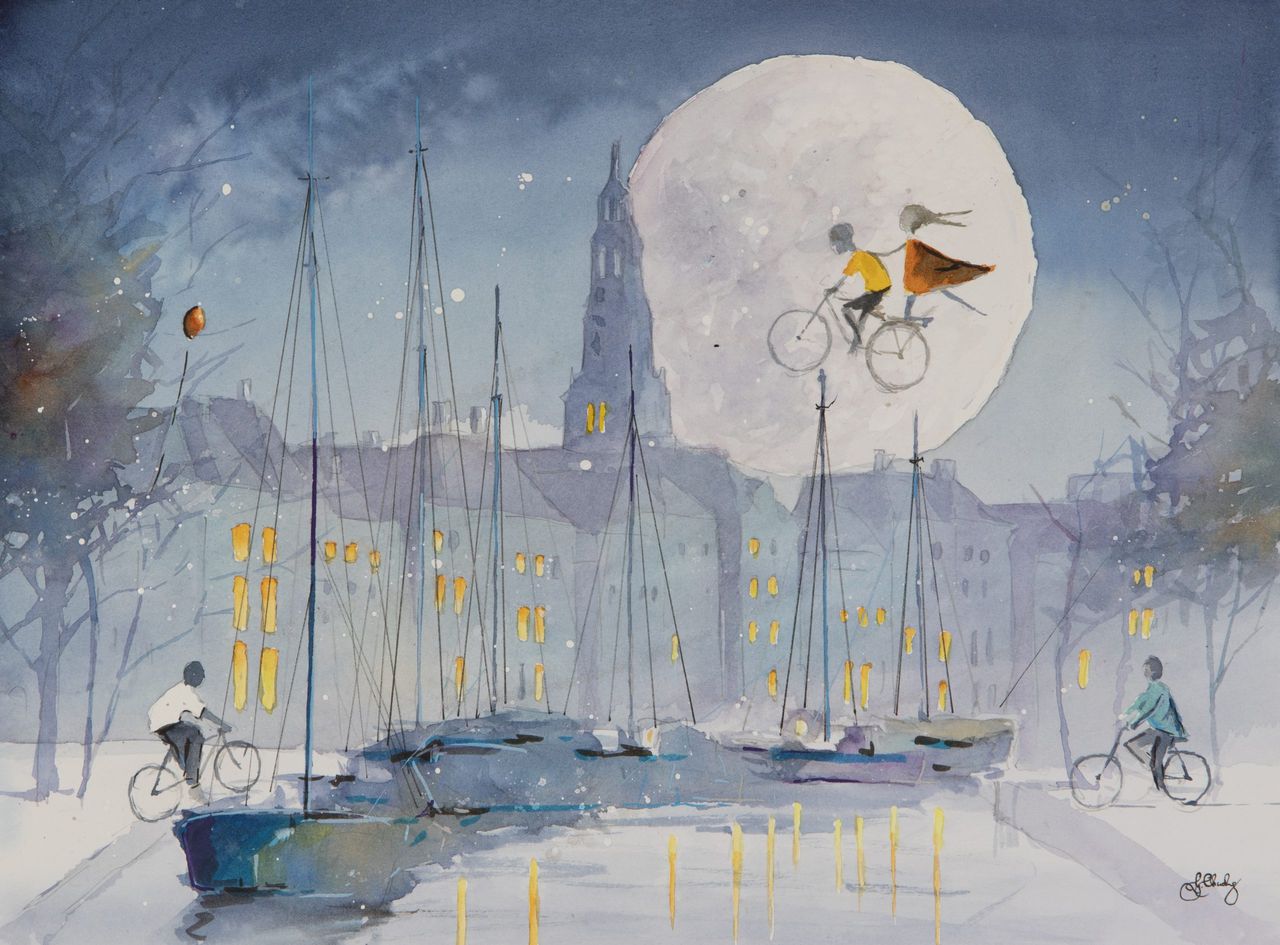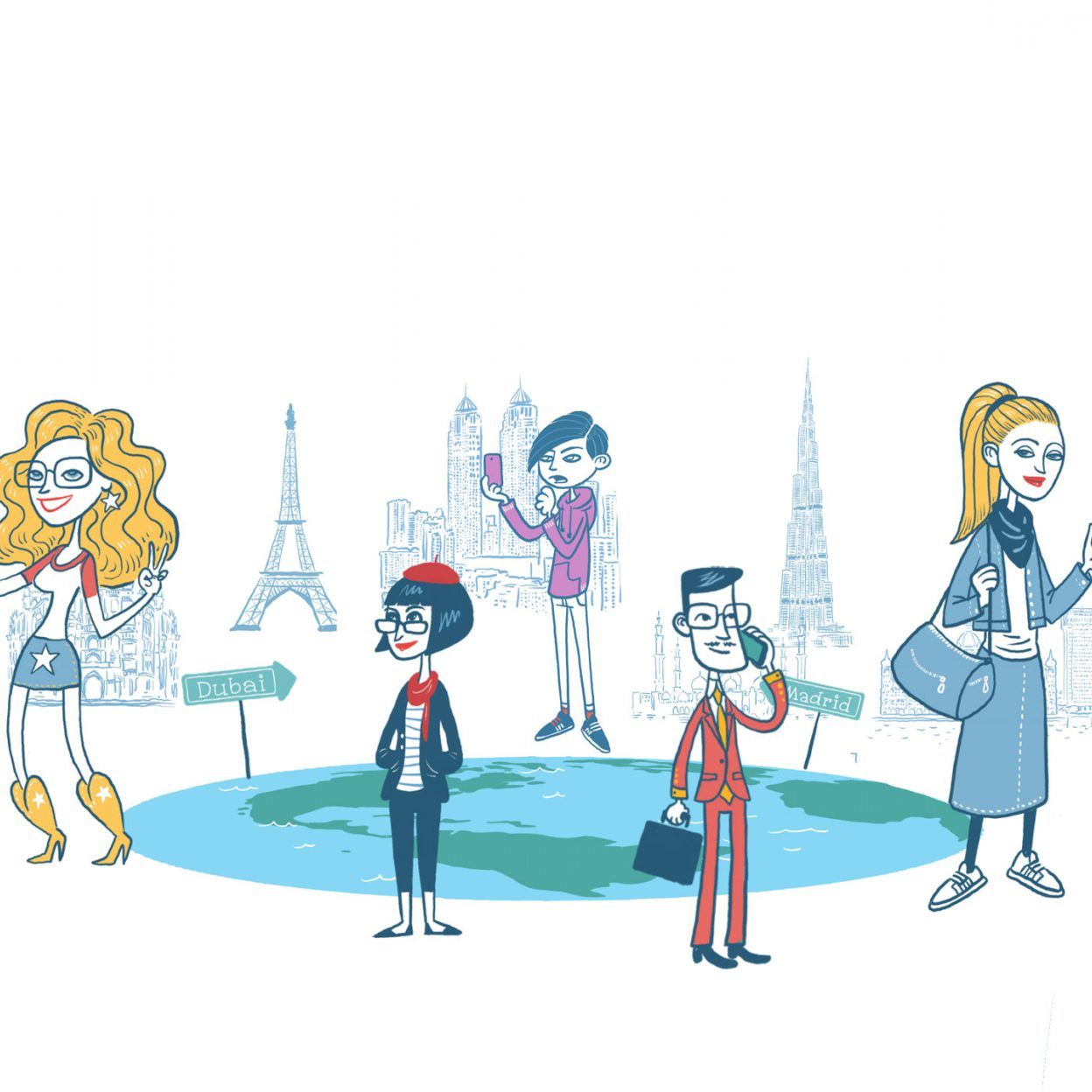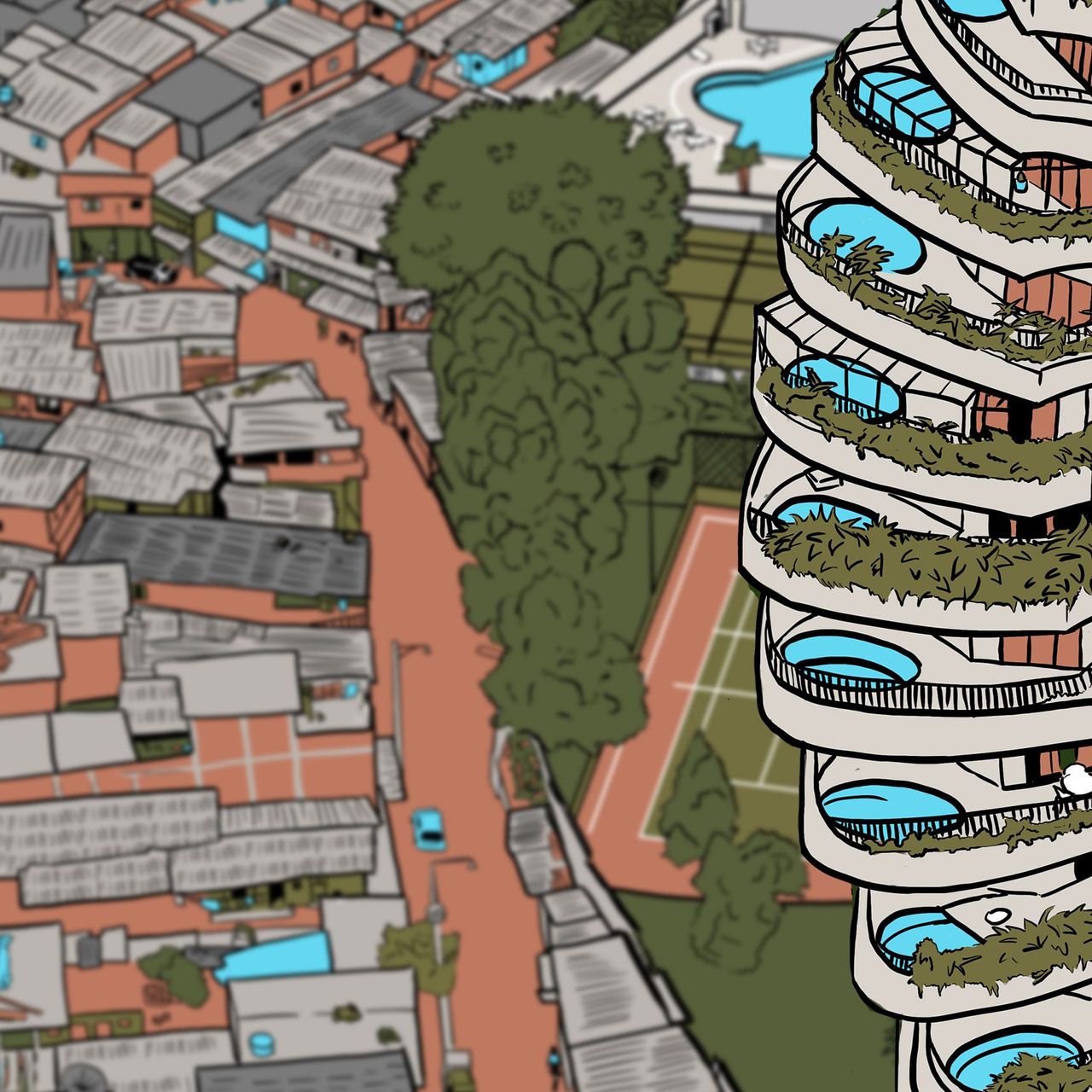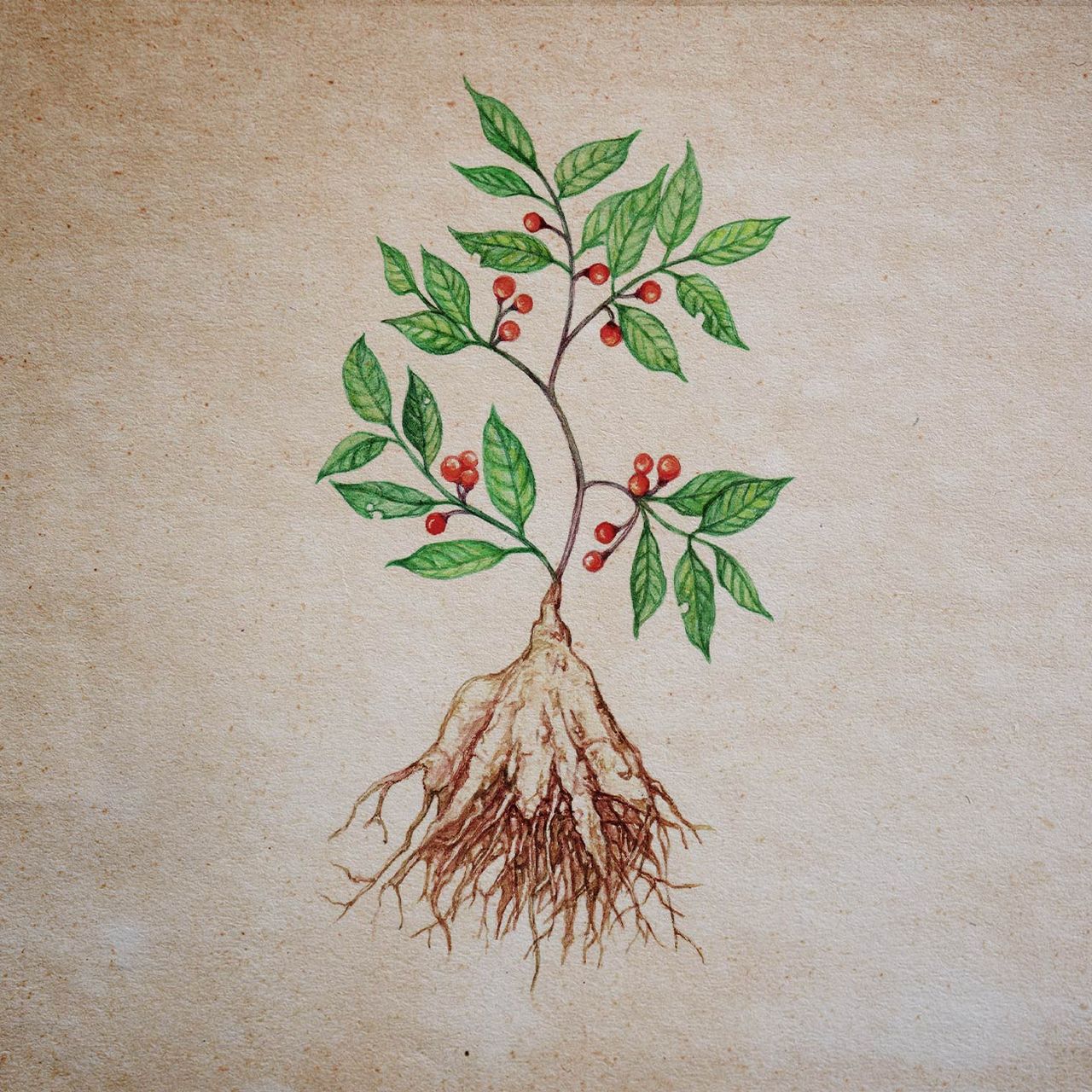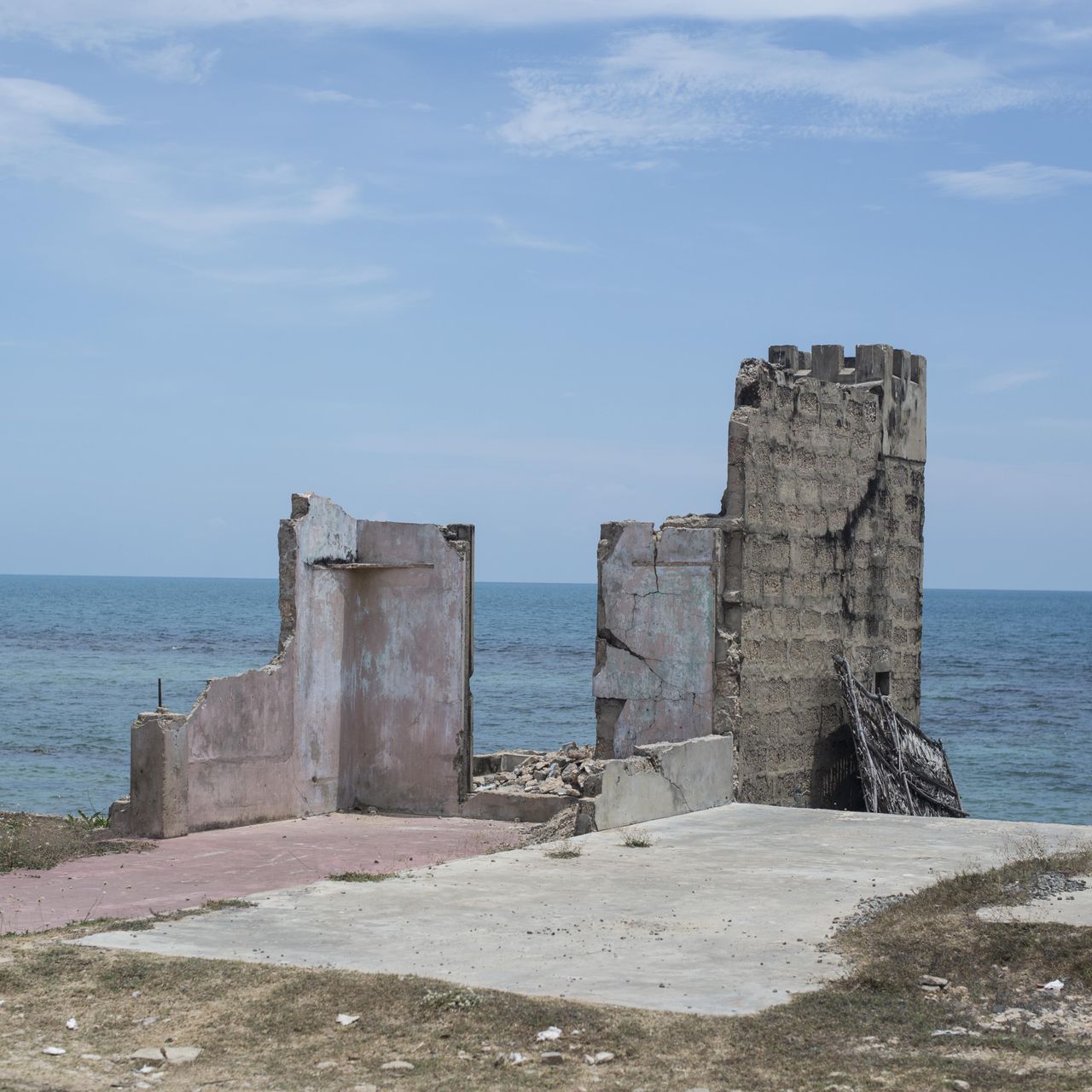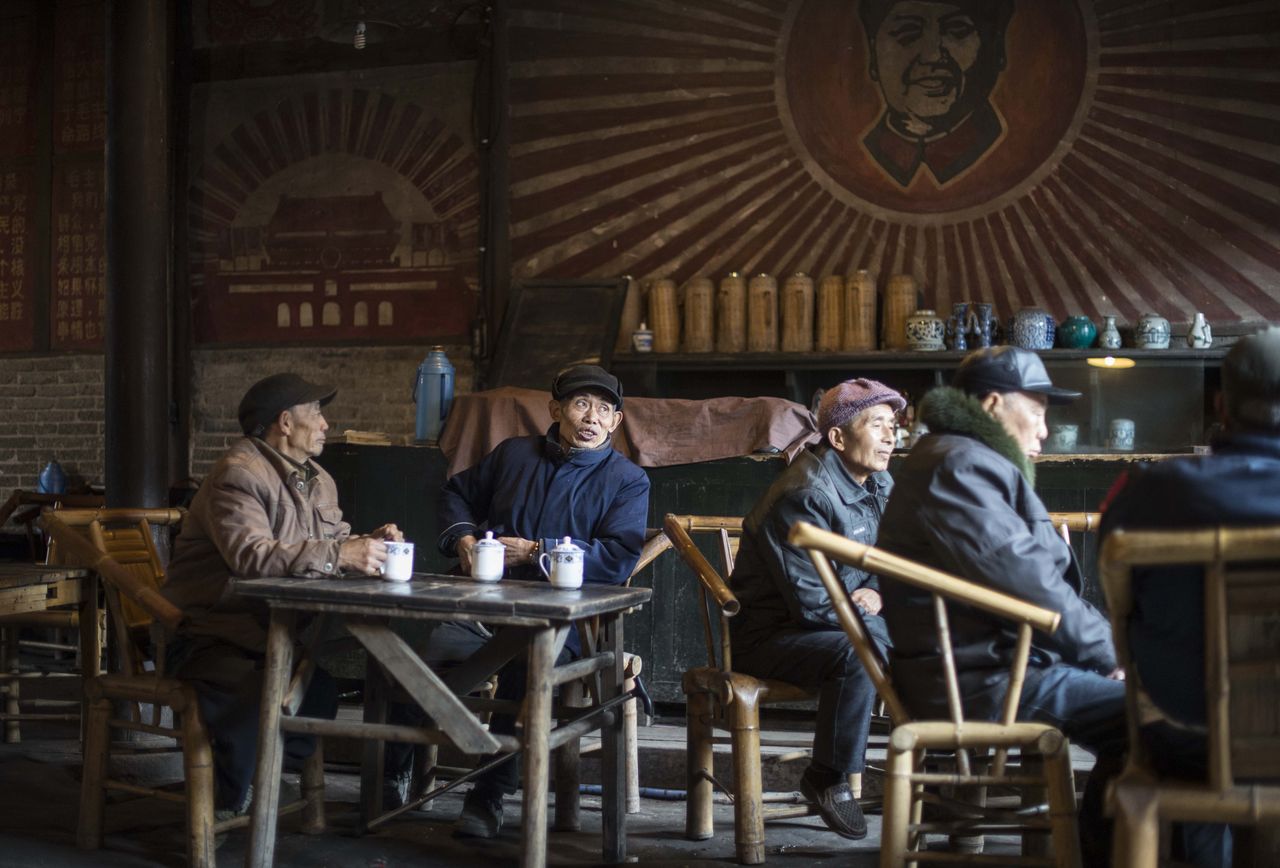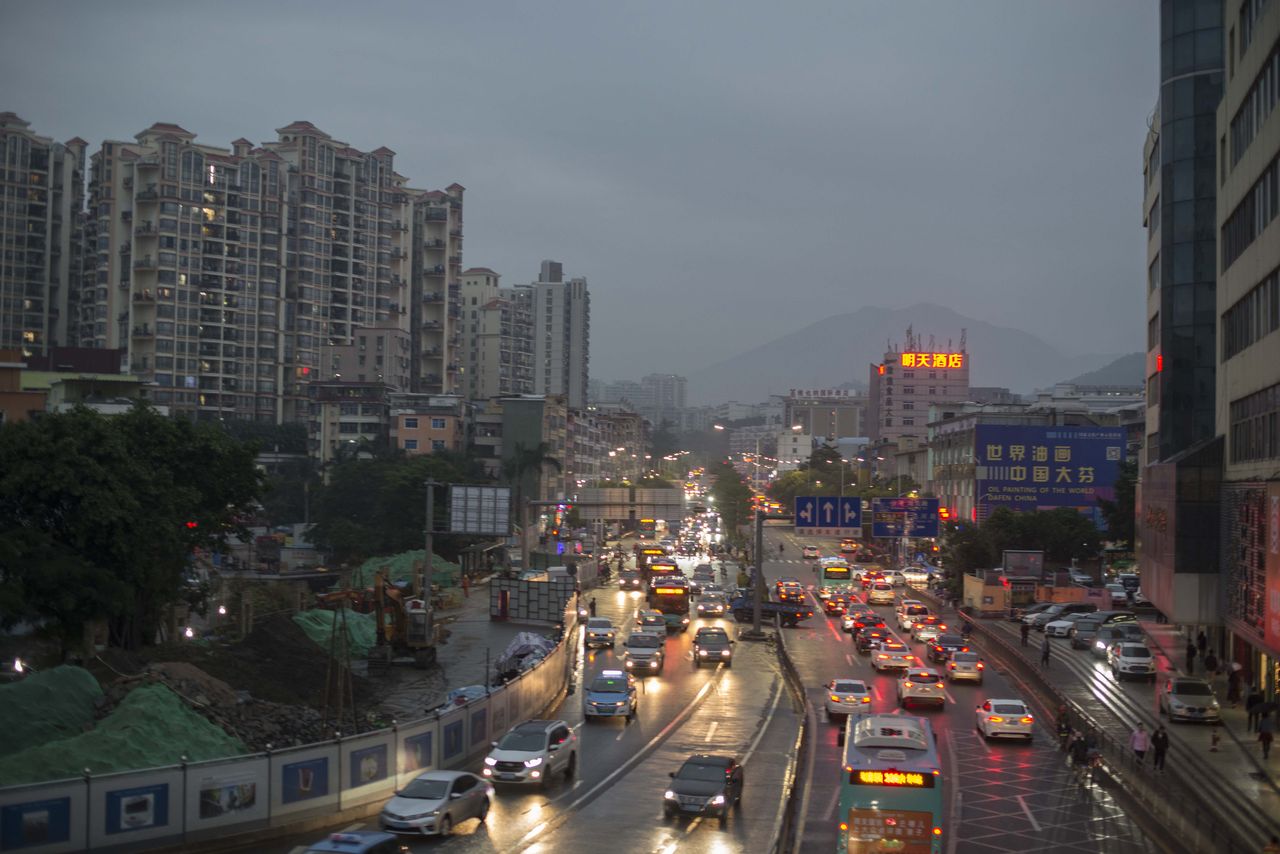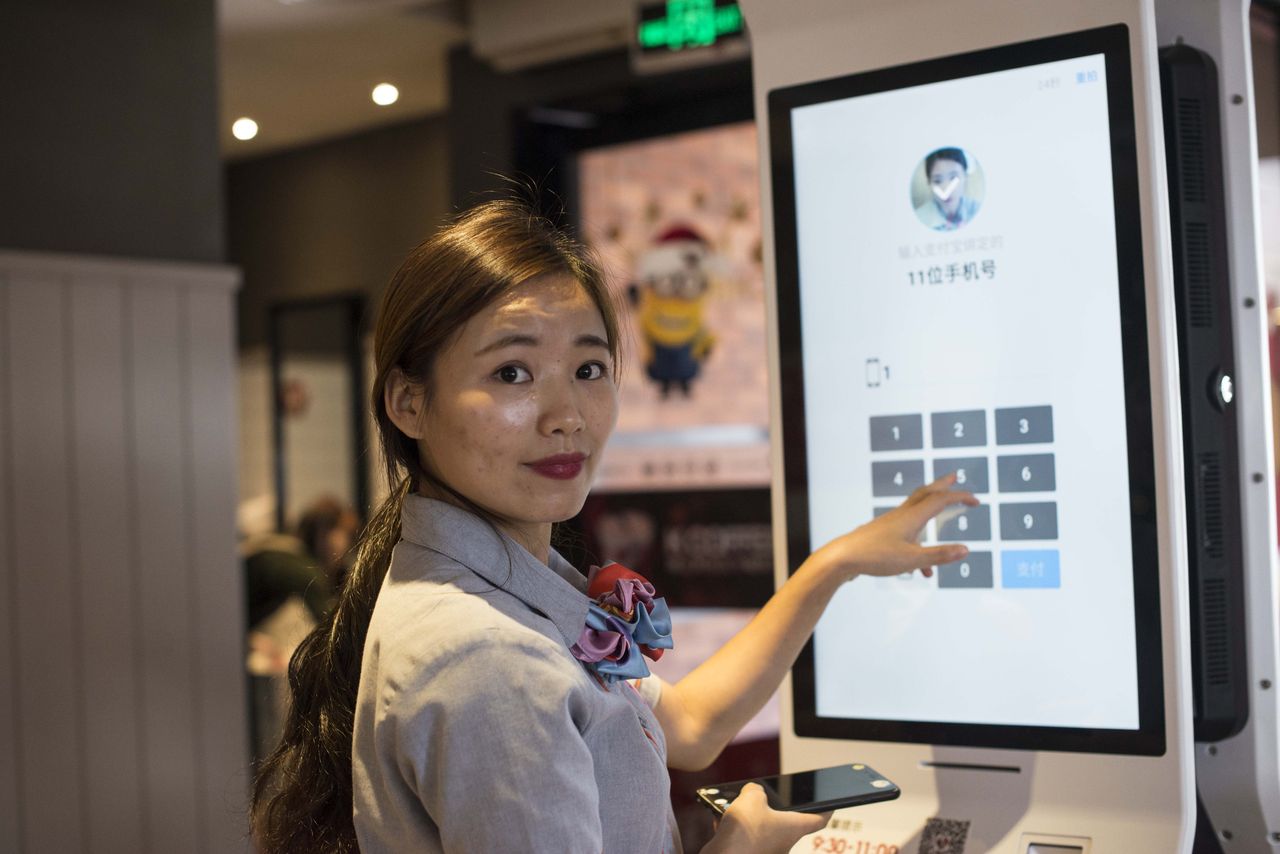Lola García-Ajofrín

Lola García-Ajofrín is a Spanish journalist based in Asia. Lola holds a Bachelor´s degree in Journalism from Complutense University of Madrid (2006) and a Master’s Degree in Television Journalism from Rey Juan Carlos University (2007). She is the author of ‘Gigantes de la educación’ (FundaciónTelefónica, 2017) which systematically documents strategies utilised by teachers within eleven countries seeking to prepare their students for the demands of the twenty-first century. In 2015, Lola received the “Manuel Alcántara” award, which is an international prize for reporters. She has published with many of the major news outlets which include El Pais, El Mundo, El Confidencial, La Información, Telecinco and Cuatro TV. Lola has also reported from many of the capitals throughout Asia, Africa, Europe, and the Americas.
The European Union, associated with the policy of open borders, is currently surrounded by over 2,000 kilometers of border fences.
An estimated 1,400 girls are not born every year in Armenia due to a rooted preference for male children. The son-bias combined with a lower birth rate, has led to an alarming number of sex-selective abortions. Community activities, various laws and television shows are addressing the issue - with positive results. But is the actual problem being tackled?
Over 3.5 million people were evacuated by train in Ukraine in the first 50 days of the war. 94 Ukrainian railway workers were killed, and 99 staff were injured during the evacuations. How have Ukrainian Railways helped to save thousands of lives amid war?
Lebanon, Dubai, Turkey, Belarus, Poland, Lithuania, Germany... Belarus has been accused of issuing tourist visas to migrants and helping them to enter Europe. How is the complete journey of migrants arriving from the Middle East to Europe via Minsk? Which role does the Belarus government play in it? What reasons force these individuals and families, including children, to embark on such a dangerous trip?
With more than 12 million tons of broken equipment yearly, Europe ranks second only behind Asia in terms of electronic waste (e-waste). Circular economy initiatives across Europe aim to reduce emissions linked to consumption.
Sri Lanka records the highest number of elephant deaths in the world. It became an alarming conservation concern in the island that involved 121 people and 407 elephants killed in 2019 and 318 elephants and 112 people killed in 2020 despite COVID-19 lockdown. Meet the Sri Lankans who are helping to reduce hostilities with jumbos using GPS collars, electric fences, handmade gadgets and alternative cropping.
The COVID-19 arrived in Brazil through the upper class but has spread like wildfire throughout the poorest communities. This is the story of the grassroots initiatives that were launched by the residents of three favelas in São Paulo to face the problems caused or exacerbated by the pandemic.
A visual journey through the iconic cases of biopiracy in Sri lanka. The article also explores four successful cases fighting biopiracy in India, Peru, Ethiopia and Brazil.
Even though it is a vaccine-preventable disease, measles kills over 100,000 people every year. Worldwide cases tripled in the first three months of 2019.
May 2019 marked the 10th anniversary of the end of the civil war in Sri Lanka between the separatist Liberation Tigers of Tamil Eelam (LTTE) and the government. Outriders have gone through the 26 years conflict in the paradisiacal island where the suicide belt was invented.
